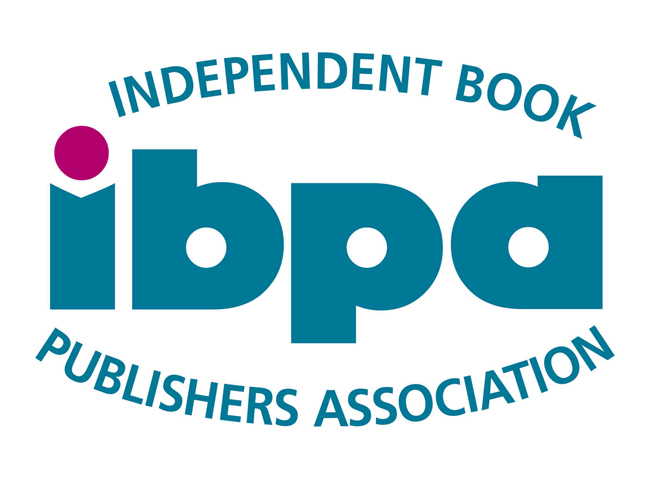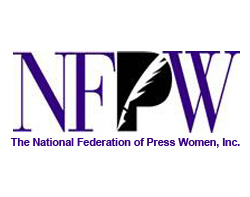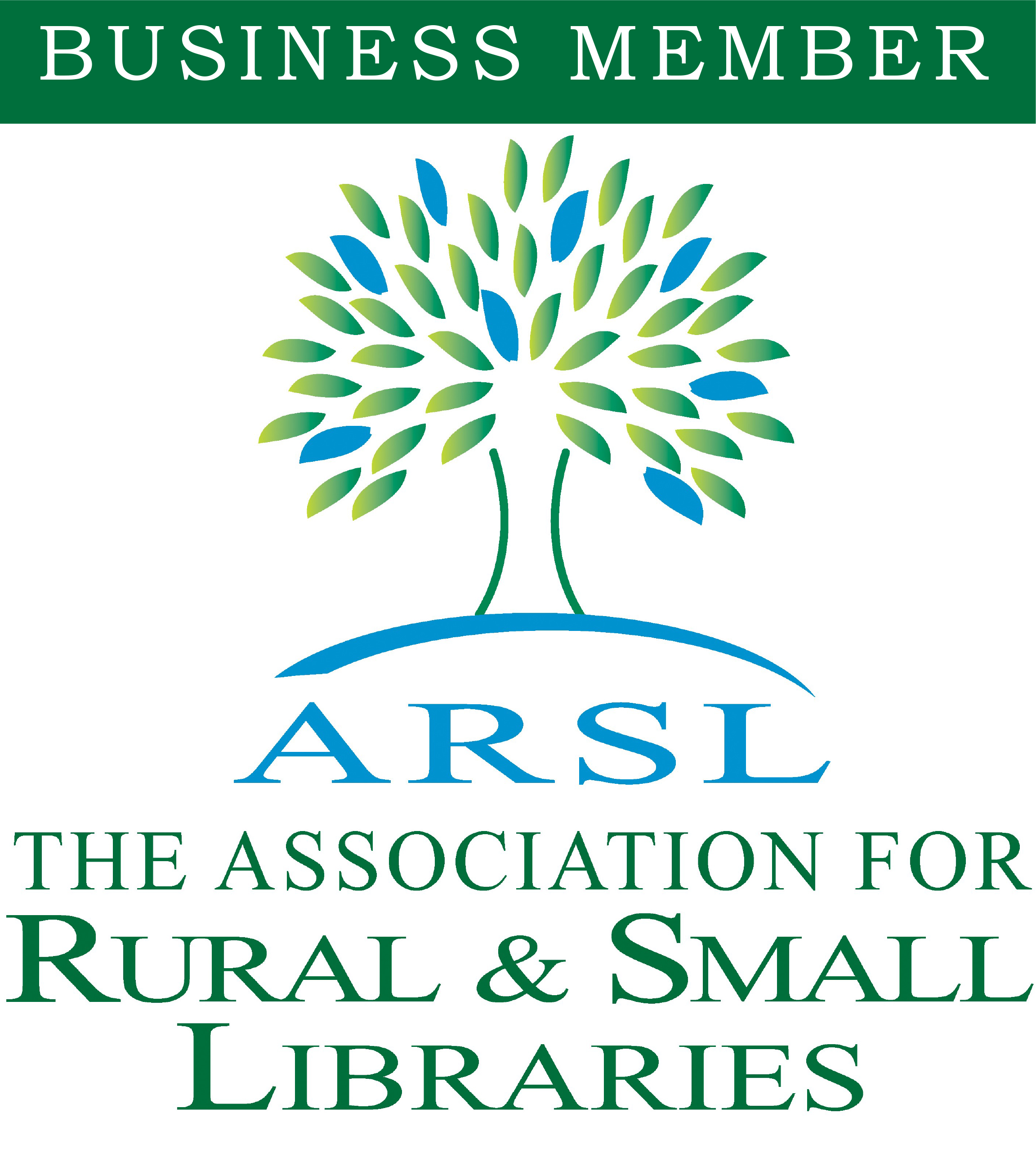A Letter to My Younger, Nervous Self
/Dear little Ben,
I heard that you’re taking a test in school this week and that you’re very worried about it. You’re worried that you’ll forget everything you memorized. You’re worried that you’ll end up with a bad grade. I also heard that you have to play in a piano recital and that you’re freaked out. You’re scared that you’ll play the wrong notes. You’re afraid that your parents and teacher will be disappointed and angry.
Everything’s so hard when you have to do something important and you get worried. Believe me, I know. I remember how I felt when I was your age. When I took a test my stomach hurt, and my head ached, and it was hard to come up with the right answers. And when I had to play the piano in front of an audience my hands shook and it was so hard to get my fingers on the right notes. I remember my piano teacher saying, “You play so beautifully, why are you so nervous?” I remember my parents telling me, “You’re smart, you shouldn’t worry. You’ll do fine on the test!” This made me very frustrated and angry. I felt like they just didn’t understand. And I know you feel that way, too. You’re suffering and no one understands you. You feel alone.
But I have news for you. You are not alone! Many kids your age feel these things. And no one’s really helping them, either. So here’s the really good news: I can show you how to feel calm when you take a test and you play the piano in a recital. You don’t have to be scared and nervous. You can feel calm and confident.
I can hear you asking, “How can I do that?” Well, right now you’re focusing on how nervous and scared you are. How about if you learned to focus on being calm instead? “Focus” means what you’re thinking about and where you’re putting your attention. In a basketball game, the players are focused on the net and getting the ball into it. Then they score points and win the game. Right now, when you take a test and play in a piano recital you are focused on how nervous and scared you are. Your attention is going to your tight stomach and your throbbing head. So of course you can’t “score.” Of course you feel like you are failing. Learning how to be calm is not hard. In fact, it’s easy. You just have to learn to focus on something else. Let me show you how.
Being calm takes two steps:
Step 1: Breathing. Of course you’re breathing all the time, but there’s a special way to breathe that will help you calm down. To do this, first you place both hands on your belly. Next, when you breathe in, you feel your belly filling up with air. You don’t have to push your belly out. Just send the breath down to your belly and feel it gently expand. This is called deep breathing. Your body and brain enjoy this. They want to be calmed down.
Step 2: Grounding. This is also easy, and fun. To do it, put both feet flat on the floor. Now feel the floor under your feet. Next, feel the chair you’re sitting on against your legs and bottom and back. Once you’ve done that, now feel the floor and chair supporting you. Feel them holding you up. And don’t forget to breathe!
When you breathe and ground, you are focusing on calming down, not on how nervous you are. In fact, breathing and grounding are the best ways to calm yourself down.
Let’s practice. Right now, close your eyes and imagine you are taking a test or playing in a recital. If you start to feel a little nervous, use the tools right away! Breathe and ground. Do it again. And do it one more time. You’ll feel better and better.
And remember ... just keep doing it. I did, and now, when I have to take a test or play the piano, I remember to breathe and ground, I don’t get all upset and scared. I stay calm. You can do it, too. I know.
Your bigger self,
Ben (but now people call me “Dr. B”!)
Ben Bernstein, Ph.D., is an author, educator, and performance psychologist. Trained as a teacher in inner city schools in New York and London, he was a prominent figure in the progressive education movement in the early 70s, and has since gone on to teach at every level of the educational system.
Over the last 50 years he has coached thousands of clients, from high school students to business executives to Pulitzer Prize, Tony and Academy Award winners. He has received numerous awards and grants from the U.S. and Canadian governments, and has been a speaker at national and international conferences. He was the first director of improvisation at Robert Redford’s Sundance Institute in Utah.
For more information, visit drbperformancecoach.com.









